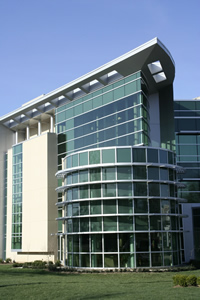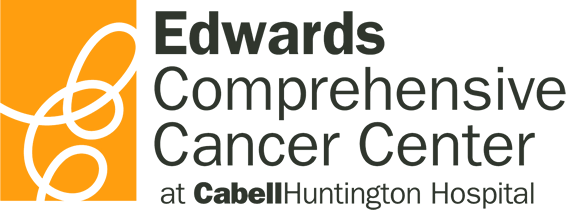Cancer Risk and Prevention

The rounded area houses the ECCC Learning Center, a sunny, light-filled area with computers and reading materials for patients to do research and attend support group meetings.
Doctors cannot always explain why one person gets cancer and another does not. However, scientists have studied general patterns of cancer in the population to learn what things around us and what things we do in our lives may increase our chance of developing cancer.
Anything that increases a person's chance of developing a disease is called a risk factor; anything that decreases a person's chance of developing a disease is called a protective factor. Some of the risk factors for cancer can be avoided, but many cannot. For example, although you can choose to quit smoking, you cannot choose which genes you have inherited from your parents. Both smoking and inheriting specific genes could be considered risk factors for certain kinds of cancer, but only smoking can be avoided. Prevention means avoiding the risk factors and increasing the protective factors that can be controlled so that the chance of developing cancer decreases.
Although many risk factors can be avoided, it is important to keep in mind that avoiding risk factors does not guarantee that you will not get cancer. Also, most people with a particular risk factor for cancer do not actually get the disease. Some people are more sensitive than others are to factors that can cause cancer.
Take a moment to learn more about cancer risk and prevention, and talk to your doctor about methods of preventing cancer that might be effective for you.
